Princeton Studies in Opera15
-
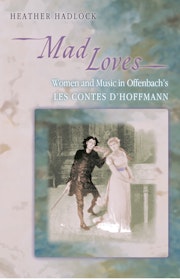
In a lively exploration of Jacques Offenbach's final masterpiece, Heather Hadlock shows how Les Contes d'Hoffmann summed up not only the composer's career but also a century of Romantic culture. A strange fusion of irony and profundity...
-
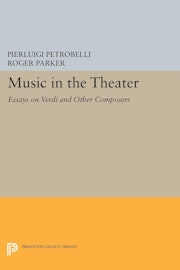
Well-known for leading audiences to a new appreciation of Verdi as a subtle and elaborate musical thinker, Pierluigi Petrobelli here turns his attention to the intriguing question of how musical theater works. In this collection of...
-
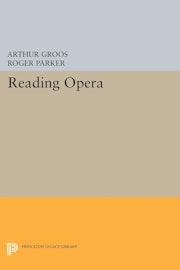
"Libretto-bashing has a distinguished tradition in the blood sport of opera," writes Arthur Groos in the introduction to this broad survey of critical approaches to that much-maligned genre. To examine, and to challenge, the...
-
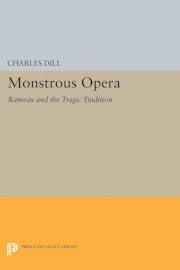
One of the foremost composers of the French Baroque operatic tradition, Rameau is often cited for his struggle to steer lyric tragedy away from its strict Lullian form, inspired by spoken tragedy, and toward a more expressive musical...
-
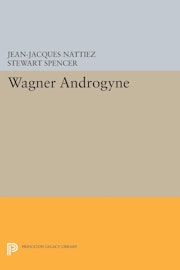
That Wagner conceived of himself creatively as both man and woman is central to an understanding of his life and art. So argues Jean-Jacques Nattiez in this richly insightful work, where he draws from semiology, music criticism, and...
-

Marian Smith recaptures a rich period in French musical theater when ballet and opera were intimately connected. Focusing on the age of Giselle at the Paris Opéra (from the 1830s through the 1840s), Smith offers an unprecedented look...
-
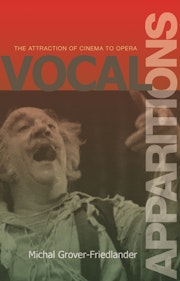
Cinema and opera have become intertwined in a variety of powerful and unusual ways. Vocal Apparitions tells the story of this fascinating intersection, interprets how it occurred, and explores what happens when opera is projected onto...
-
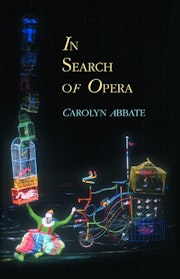
In her new book, Carolyn Abbate considers the nature of operatic performance and the acoustic images of performance present in operas from Monteverdi to Ravel. Paying tribute to music's realization by musicians and singers, she argues...
-
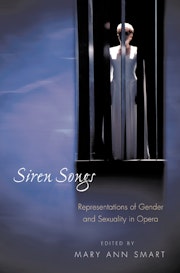
It has long been argued that opera is all about sex. Siren Songs is the first collection of articles devoted to exploring the impact of this sexual obsession, and of the power relations that come with it, on the music, words, and...
-
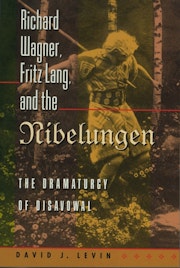
This highly original book draws on narrative and film theory, psychoanalysis, and musicology to explore the relationship between aesthetics and anti-Semitism in two controversial landmarks in German culture. David Levin argues that...
-
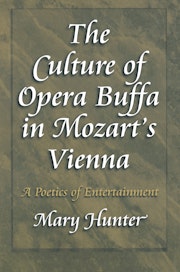
Mozart's comic operas are among the masterworks of Western civilization, and yet the musical environment in which Mozart and his librettist Lorenzo da Ponte wrote these now-popular operas has received little critical attention. In this...
-
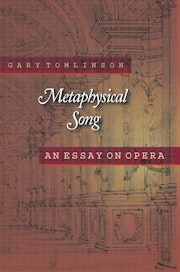
In this bold recasting of operatic history, Gary Tomlinson connects opera to shifting visions of metaphysics and selfhood across the last four hundred years. The operatic voice, he maintains, has always acted to open invisible...
-
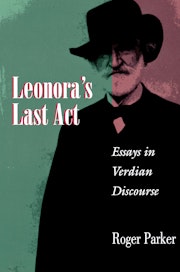
In these essays, Roger Parker brings a series of valuable insights to bear on Verdian analysis and criticism, and does so in a way that responds both to an opera-goer's love of musical drama and to a scholar's concern for recent...
-
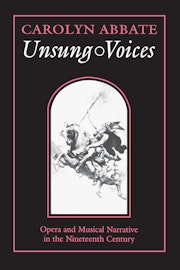
Who "speaks" to us in The Sorcerer's Apprentice, in Wagner's operas, in a Mahler symphony? In asking this question, Carolyn Abbate opens nineteenth-century operas and instrumental works to new interpretations as she explores the voices...
-
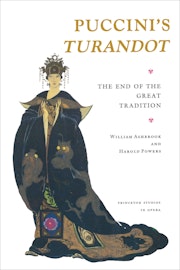
Unfinished at Puccini's death in 1924, Turandot was not only his most ambitious work, but it became the last Italian opera to enter the international repertory. In this colorful study two renowned music scholars demonstrate that this...